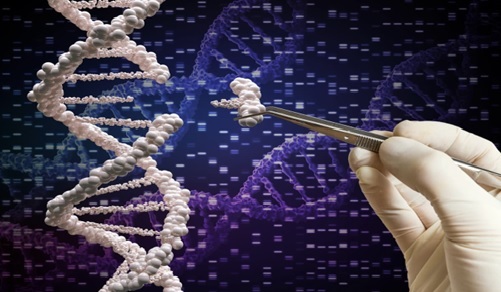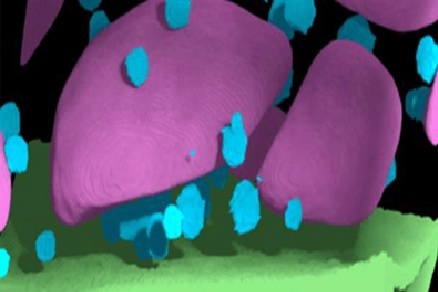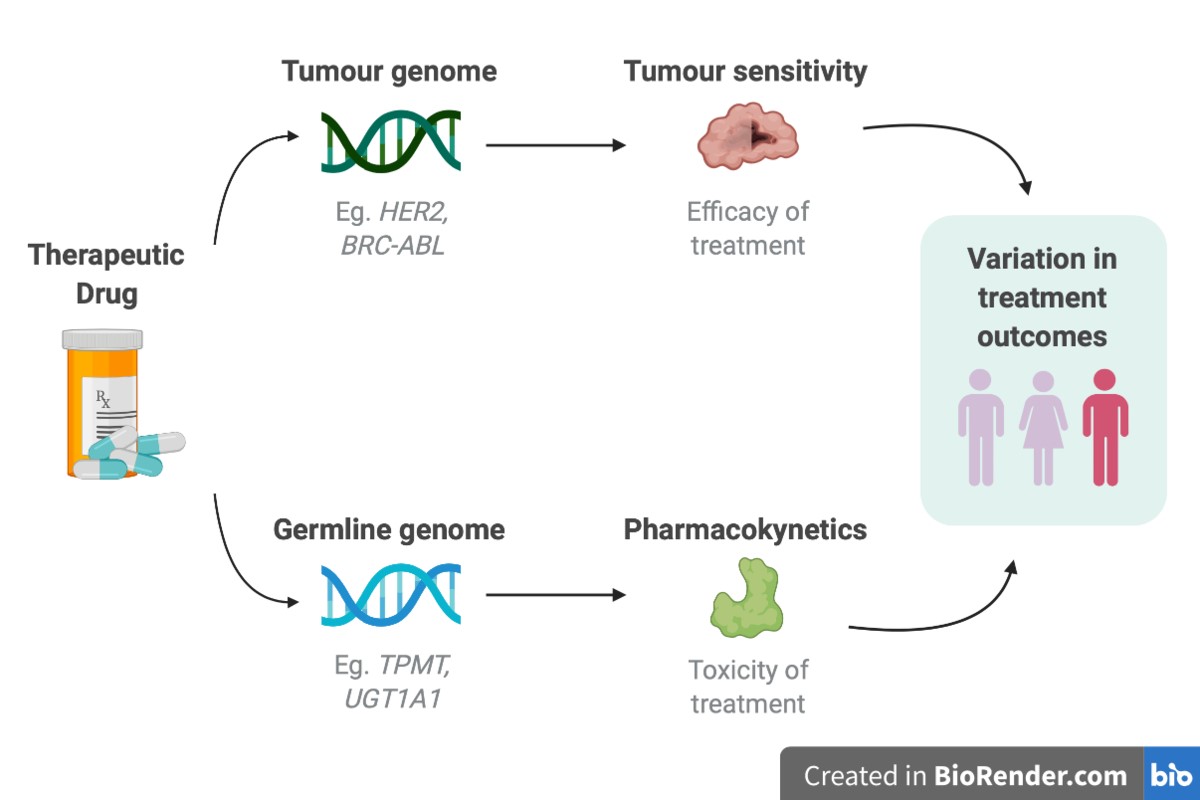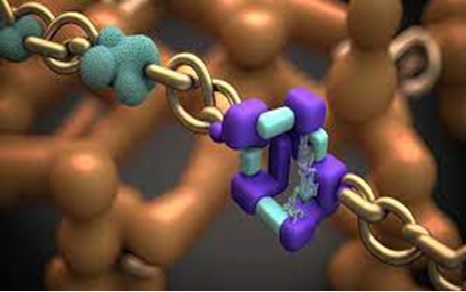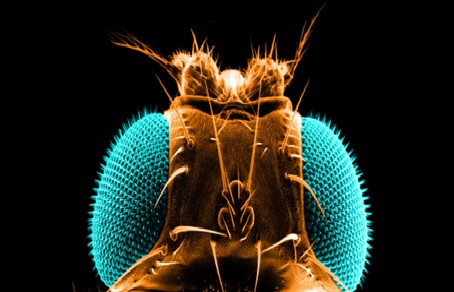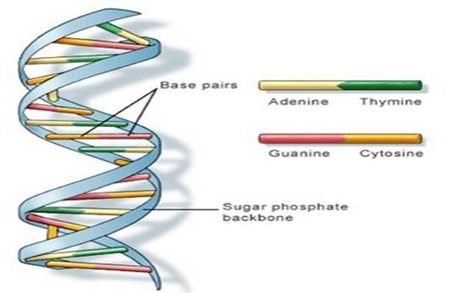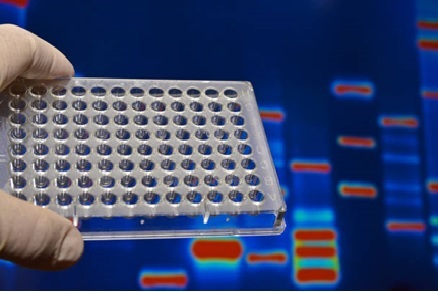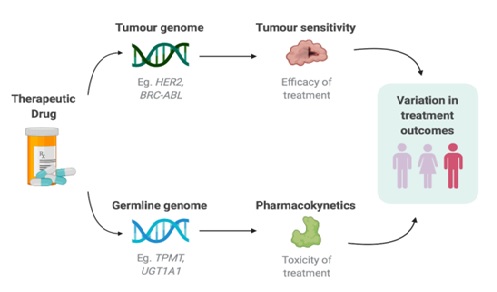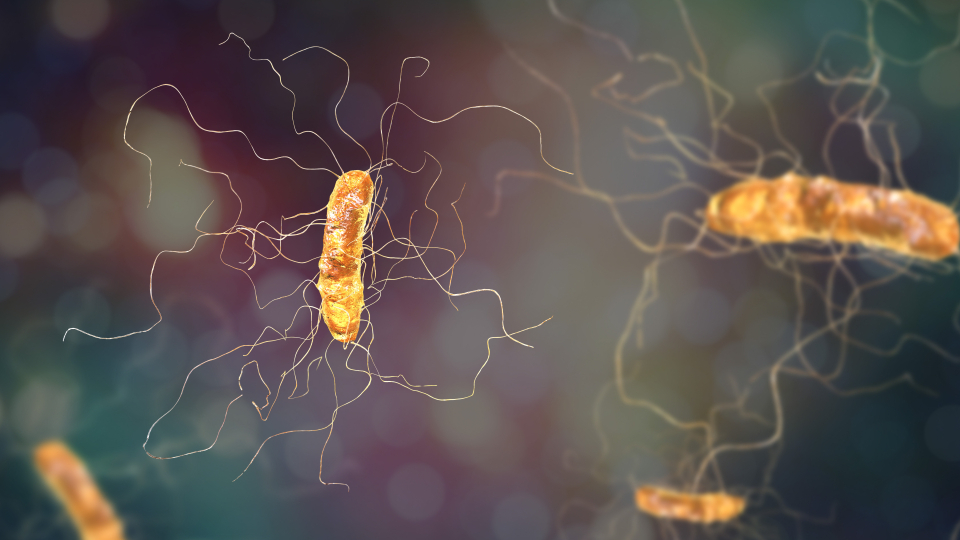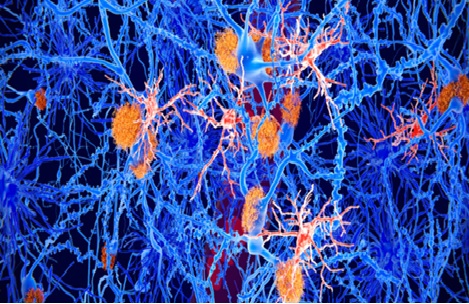Digest Of Technology Ready, Set, Flow: Advancing CAR-T Treatment with Flow Cytometry
The eBook discusses the challenges faced in developing and optimizing CAR-T (Chimeric Antigen Receptor T-cell) therapies, specifically in the context of treating solid tumors. While CAR-T therapies have shown remarkable success in treating certain blood cancers, extending their effectiveness to solid tumors presents unique obstacles. The eBook focuses on the role of flow cytometry in the research and development of CAR-T therapies.Flow cytometry is a powerful technique used to analyze and quantify different cell populations based on their characteristics, such as cell surface markers and intracellular molecules. It enables researchers to assess the quality and functionality of CAR-T cells, as well as study the interactions between CAR-T cells and tumor cells.
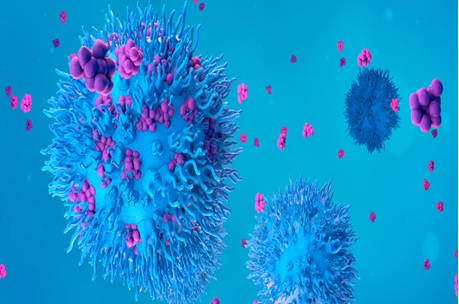
Figure .1 Digest of Technology Ready, Set, Flow: Advancing CAR-T Treatment with Flow Cytometry
Figure 1 shows the eBook explores how flow cytometry is utilized in various aspects of CAR-T therapy development. It discusses the identification and selection of suitable target antigens on solid tumors, which is crucial for CAR-T cell recognition and killing of tumor cells. Flow cytometry helps researchers screen and validate potential target antigens by analyzing their expression patterns on tumor cells.Furthermore, the eBook delves into the assessment of CAR-T cell manufacturing and quality control. Flow cytometry enables the characterization of CAR-T cells at different stages of the manufacturing process, ensuring their desired phenotype and functionality. It helps researchers monitor key parameters, such as CAR expression, activation markers, and cytokine production, to ensure consistent and potent CAR-T cell production.
In addition to exploring the utilization of flow cytometry in CAR-T therapy research and development, the eBook also includes a BioTechniques Benchmark and a Review from the sister journal Immunotherapy. These sections focus on different techniques and technologies that can enhance and advance CAR-T therapies.The BioTechniques Benchmark provides a comprehensive assessment of various techniques used in CAR-T therapy development. It highlights the strengths, limitations, and comparative performance of these techniques, offering valuable insights for researchers and practitioners in the field.
The Review from Immunotherapy delves into specific technologies that have the potential to improve CAR-T therapies. It explores novel approaches, such as gene editing techniques (e.g., CRISPR/Cas9) and synthetic biology tools, that can enhance the effectiveness and safety of CAR-T cells. The review provides an overview of these technologies and their implications for advancing CAR-T therapy.The eBook not only explores the role of flow cytometry but also includes a BioTechniques Benchmark and a Review from Immunotherapy, providing a comprehensive overview of different techniques and technologies that can be employed to improve and advance CAR-T therapies.
CAR-T Therapies: Pioneering the Path to Personalized Cancer Revolution
Targeted and personalized therapies have gained prominence in recent years, aiming to enhance treatment success for various diseases. In cancer treatment, chimeric antigen receptor (CAR)-T cell therapies have shown promising outcomes, curing previously untreatable patients with B cell leukemias and lymphomas. Efforts are underway to expand the application of CAR-T therapies to other types of cancer. Currently, six CAR-T therapies have been approved by the US FDA, with numerous others in clinical trials. These therapies, once considered futuristic, have now become a reality in the present.
CAR-T therapy involves modifying a patient's T cells to express a synthetic receptor called a CAR, which recognizes a specific antigen on cancer cells. These engineered CAR-T cells are designed to bind to the antigen, leading to T-cell activation and subsequent events such as cell proliferation, release of cytolytic granules for cancer cell destruction, induction of apoptosis, and secretion of cytokines, interleukins, and growth factors. This therapy utilizes the patient's own modified T cells to target and kill cancer cells.
Despite their progress, there are still many obstacles to overcome in order to develop and improve CAR-T treatments, especially when applying them to solid tumours [4]. Additionally, while some people benefit from therapies, others have adverse reactions, and by identifying the causes of these different outcomes, treatments may be more successful overall. Flow cytometry is one method that can be applied to aid with these difficulties.[1]
References:
- https://www.biotechniques.com/drug-discovery-development/sartorius_technology-digest-ready-set-flow-utilizing-flow-cytometry-to-drive-car-t-therapy-forward/
Cite this article:
Janani R (2023),Janani R (2023), Digest of Technology Ready, Set, Flow: Advancing CAR-T Treatment with Flow Cytometry, AnaTechMaz,pp.194


